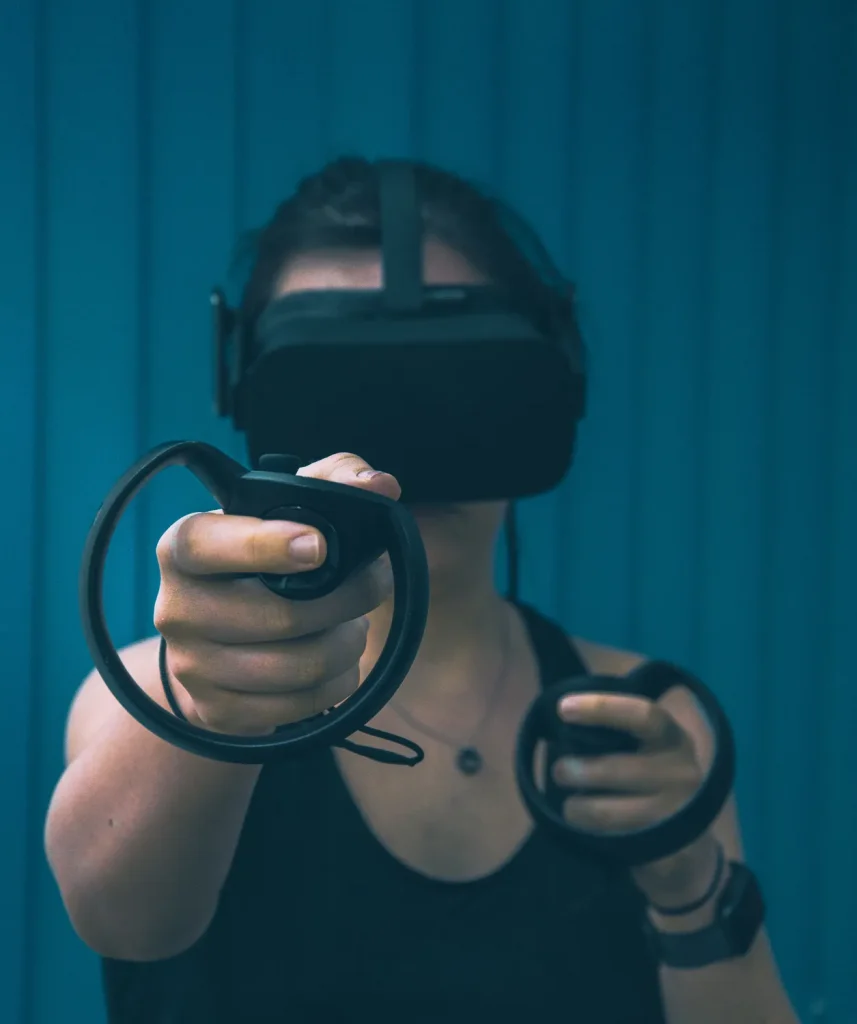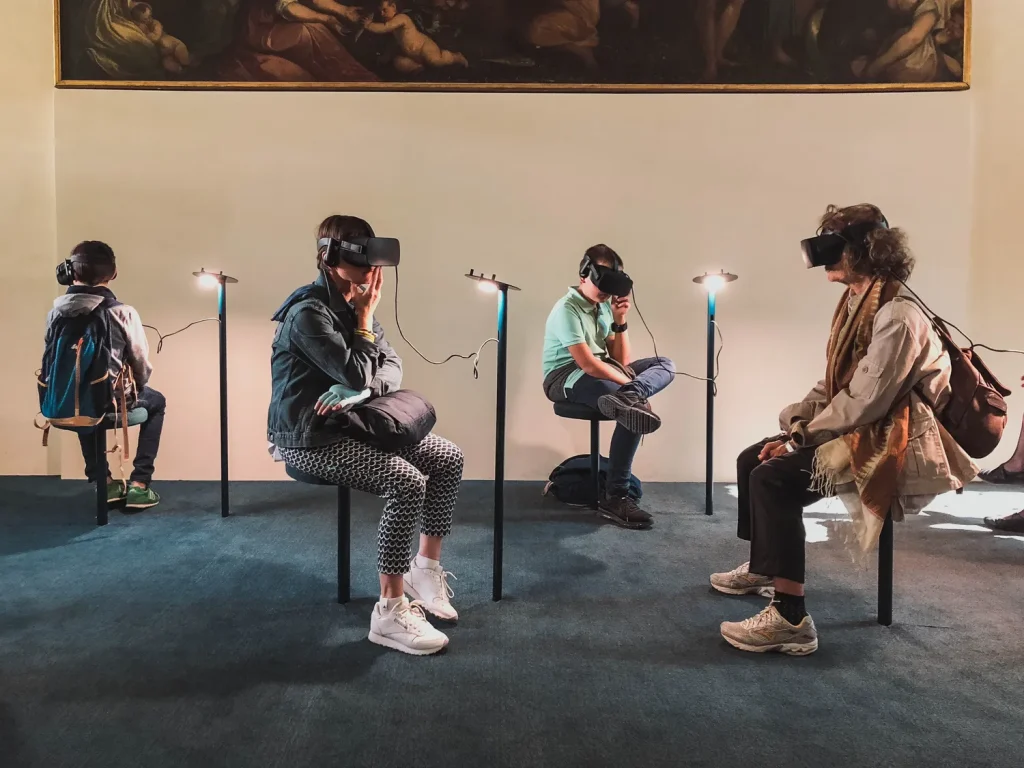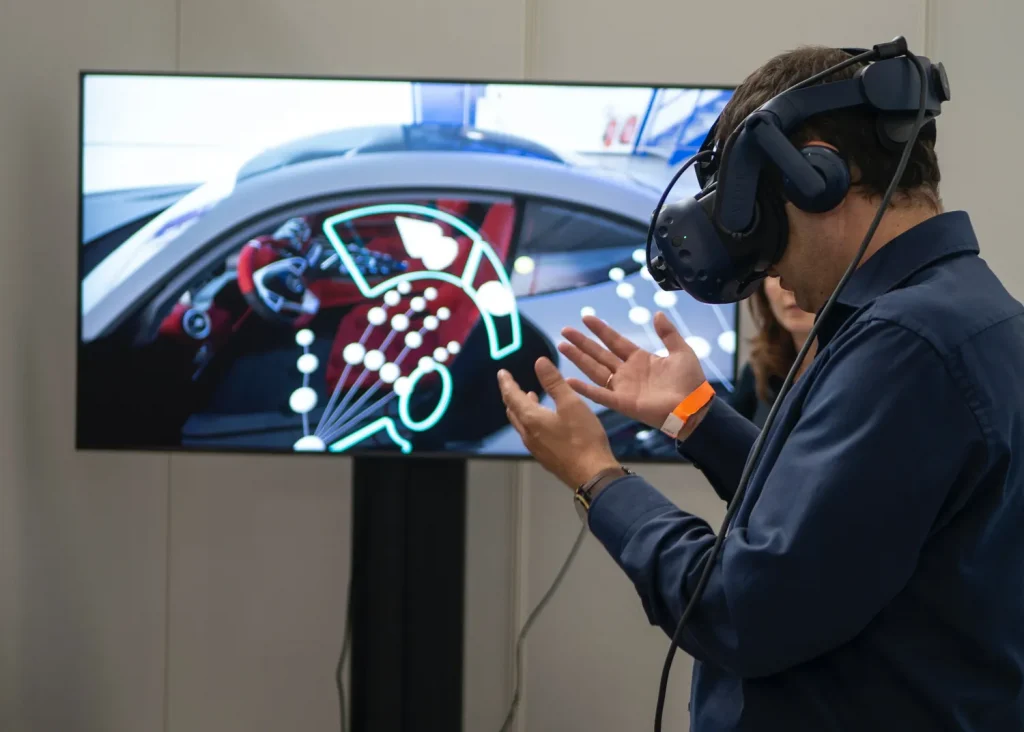All our articles about virtual reality
Privacy and data confidentiality
Online virtual reality often involves creating a user profile and collecting sensitive personal data. Users may be asked to disclose personal information, such as their name, address or preferences. Companies providing online VR platforms need to take steps to protect this information and ensure user confidentiality. Transparent privacy policies and the use of robust encryption methods are essential to prevent unauthorized access and misuse of data.

The risks of hacking and identity theft
Like any online activity, virtual reality can be targeted by hackers looking to steal sensitive information or compromise user accounts. A compromised VR account can not only result in the loss of personal data, but also the possibility of identity theft. Developers and service providers need to implement robust security measures, such as two-factor authentication and suspicious activity detection, to protect users against these risks.
- More information:
- https://absolutelycreative.ca/
- https://cedapcampania.org/

Cyber-stalking and harmful behavior
The immersive nature of online virtual reality can unfortunately facilitate cyberstalking and harmful behavior. Interactions with other users can sometimes become toxic, with insults, threats or discriminatory behavior. Online VR platforms need to put in place effective reporting mechanisms and moderation systems to counter such behavior. Trained moderation teams and constant monitoring are essential to maintain a safe and welcoming environment for all users.

Health and safety issues
In addition to online safety issues, virtual reality can also present risks to users’ health and physical safety. Some users may experience nausea or dizziness when using virtual reality headsets. In addition, immersion in virtual worlds can lead to a lack of awareness of the real environment, increasing the risk of injury or collision with real-world objects. VR device manufacturers need to provide clear warnings about the effects of virtual reality on the user.

